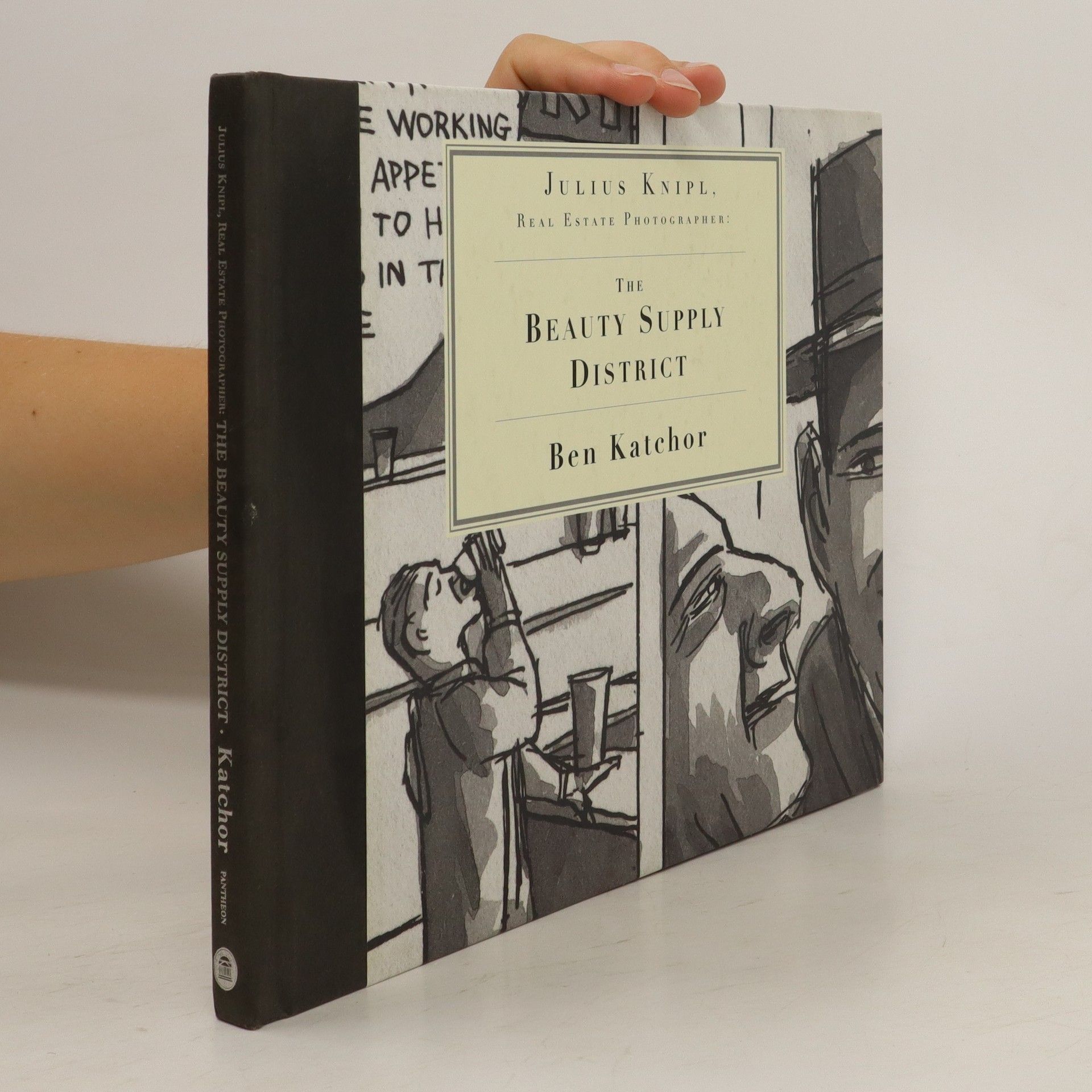Besessen von einer utopischen Vision rief Mordecai Noah, ein New Yorker Politiker und Amateurdramatiker, im Jahre 1825 alle verlorenen Stämme Israels auf, sich zu einer Insel in der Nähe von Buffalo zu begeben, in der Hoffnung, dort einen jüdischen Staat zu errichten. Sein fehl geschlagener Plan, eine bloße Fußnote der jüdisch-amerikanischen Geschichte, ist der Ausgangspunkt für Ben Katchors brillant imaginiertes Epos, das sich einige Jahre später auf den Straßen New Yorks entfaltet. Ein in Ungnade gefallener koscherer Schlachter, ein Importeur religiöser Artikel und Strumpfwaren für Damen, ein Pilger der mit Erde aus dem gelobten Land hausieren geht, ein moderner Kabbalist, ein Mann mit dem Plan, den Erie-See mit Kohlensäure zu versetzen - dies sind nur einige der unglaublichen Charaktere, die sich durch Katchors Universum bewegen. Ihre Lebenswege verknüpfen sich in ihrem gemeinsamen Bemühen, einen Platz in der Neuen Welt zu finden, eben als diese einem wirtschaftlichen Rausch verfällt, der sie in die Zukunft tragen - oder bankrott zurücklassen kann.
Ben Katchor Bücher
Ben Katchor ist ein amerikanischer Cartoonist, dessen Werk ein leicht surreales, historisches New York mit einer ausgeprägten jüdischen Sensibilität heraufbeschwört. Seine Comics erforschen Themen des städtischen Lebens, der Kunst und Kultur, die sich durch einzigartigen Humor und sorgfältige Detailgenauigkeit auszeichnen. Katchors unverwechselbarer Stil und seine Fähigkeit, die Atmosphäre einer vergangenen Ära zu erzeugen, machen seine Werke unvergesslich. Sein Einfluss zeigt sich in der zeitgenössischen grafischen Kunst, wo er Schöpfer mit seiner visuellen Sprache und narrativen Tiefe inspiriert.



From one of the most poetic and gifted comic-strip artists working today--andauthor of "The Jew of New York"--comes the first collection about his belovedprotagonist, Julius Knipl, Real Estate Photographer.
The Dairy Restaurant
- 224 Seiten
- 8 Lesestunden
"For The Dairy Restaurant, Ben Katchor retells the history of where we choose to eat--a history that starts with the first man allowed to enter a walled garden and encouraged by the garden's owner to enjoy it's fruits.In this brilliant, sui generis book, Ben Katchor illuminates the unique historical confluence of events and ideas that led to the proliferation of the dairy restaurant in New York City. In words and his inimitable drawings, he begins with Adam, entering Eden and eating the fruits therein. He examines ancient protocols for offerings to the gods and the kosher milk-meat taboo. He describes the first vegetarian practice, the development of inns offering food to travelers, the invention of the restaurant, the rise of various food fads, and the intersection between culinary practice and radical politics. Here, too, is an encyclopedic directory of dairy restaurants that once thrived in New York City and its environs, evoked by Katchor's illustrations of classified advertisements, matchbooks, menus, and phone directory listings. And he ends on an elegiac note as he recollects his own experience in one of these unique restaurants just before it disappeared--as have all the dairy restaurants in the New York metropolitan area"-- Provided by publisher